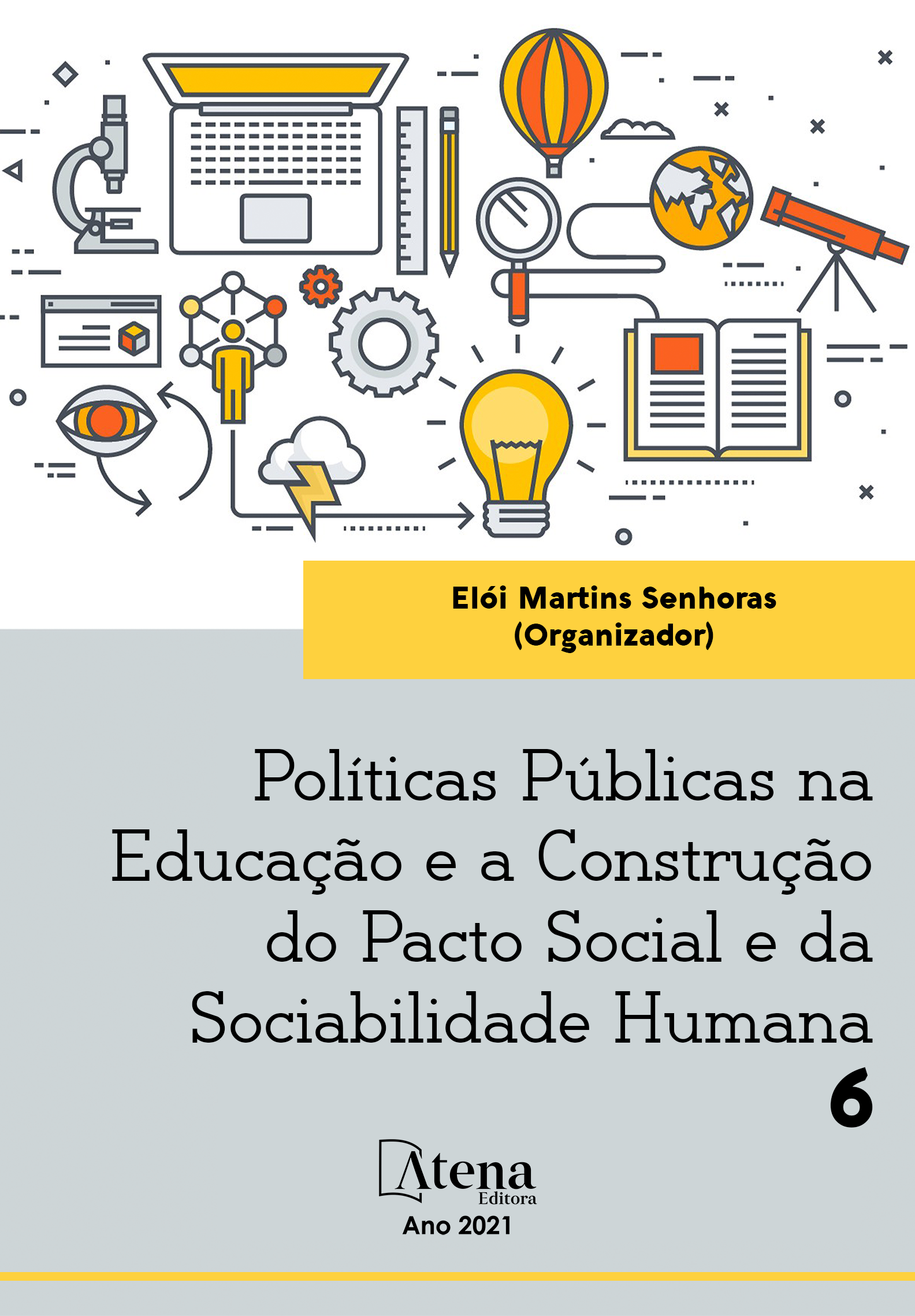
RESIDÊNCIA PEDAGÓGICA: PRÁTICA INTEGRADORA DO ENSINO DE BIOLOGIA E QUÍMICA NO ENSINO DAS PROPRIEDADES DA ÁGUA
Este trabalho visa a facilitação no ensino do tema “água”, através da utilização da prática integradora entre a Biologia e a Química. Ao integrarmos os conhecimentos das duas disciplinas, acredita-se que viabilize uma melhor compreensão para os educandos. A presente oficina propõe experimentos práticos sobre as propriedades da água, de forma integrada, visando correlacionar a influência da solubilidade de substâncias em água e suas consequências para o ambiente aquático e descrever metodologias de práticas integradoras correlacionadas no ensino de Biologia e Química. Este trabalho apresentará as seguintes práticas: preparação de soluções, cada uma em seus devidos béqueres, onde eles serão numerados e posicionados lado a lado, para a visualização da turma, e após isso, será realizado discussões sobre o tema abordado. O primeiro experimento será realizado através de testes organolépticos; o segundo experimento se dará através da filtração das soluções; e o terceiro e último experimento, contará com o assopro de gás resultante da expiração, diretamente na solução indicada e observação de fenômenos. Após a realização dos experimentos, serão feitos questionamentos referentes aos acontecimentos e contextualização de cada experimento. Espera-se que os educandos apresentem respostas coerentes com a finalidade de cada experimento e demais respostas que sejam consideradas aleatórias ou com embasamento duvidoso, devem ser escrutinadas pelo realizador da prática, para compreender as motivações por trás da resposta. Ao final da oficina, acredita-se que os participantes possam aplicar os experimentos em outras ocasiões, de modo que haja a correlação de conteúdos de forma integrada, fazendo com que os educandos que participem destas práticas, desenvolvam a concepção de que as disciplinas não atuam de maneira isolada, mas de forma complementar, colaborando para o seu aprendizado de forma holística.
RESIDÊNCIA PEDAGÓGICA: PRÁTICA INTEGRADORA DO ENSINO DE BIOLOGIA E QUÍMICA NO ENSINO DAS PROPRIEDADES DA ÁGUA
-
DOI: 10.22533/at.ed.22221120112
-
Palavras-chave: Água. Biologia. Ensino. Prática integradora. Química.
-
Keywords: Water. Biology. Teaching. Integrating practice. Chemistry.
-
Abstract:
This work aims to facilitate the teaching of the theme “water”, through the use of the integrative practice between Biology and Chemistry. By integrating the knowledge of the two disciplines, it is believed that it enables a better understanding for the students. This workshop proposes practical experiments on the properties of water, in an integrated way, aiming to correlate the influence of the solubility of substances in water and its consequences for the aquatic environment and to describe methodologies of correlating integrative practices in the teaching of Biology and Chemistry. This work will present the following practices: preparation of solutions, each one in its proper beakers, where they will be listed and placed side by side, for the visualization of the class, and after that, discussions will be held on the topic addressed. The first experiment will be carried out through organoleptic tests; the second experiment will take place through the filtration of the solutions; and the third and last experiment, will count on the blowing of gas resulting from the expiration, directly in the indicated solution and observation of phenomena. After conducting the experiments, arguments will be made regarding the events and contextualization of each experiment. It is expected that the students will present answers that are consistent with the purpose of each experiment and other answers that are considered random or with doubtful basis, should be scrutinized by the conductor of the practice, to understand the motivations behind the answer. At the end of the workshop, it is believed that the participants can apply the experiments on other occasions, so that there is a correlation of contents in an integrated way, making the students who participate in these practices, develop the concept that the disciplines do not act isolated way, but in a complementary way, collaborating for your learning in a holistic way.
-
Número de páginas: 12
- Gustavo Kotarski
- Clóvis Roberto Gurski
- Rafael Ferreira dos Santos


